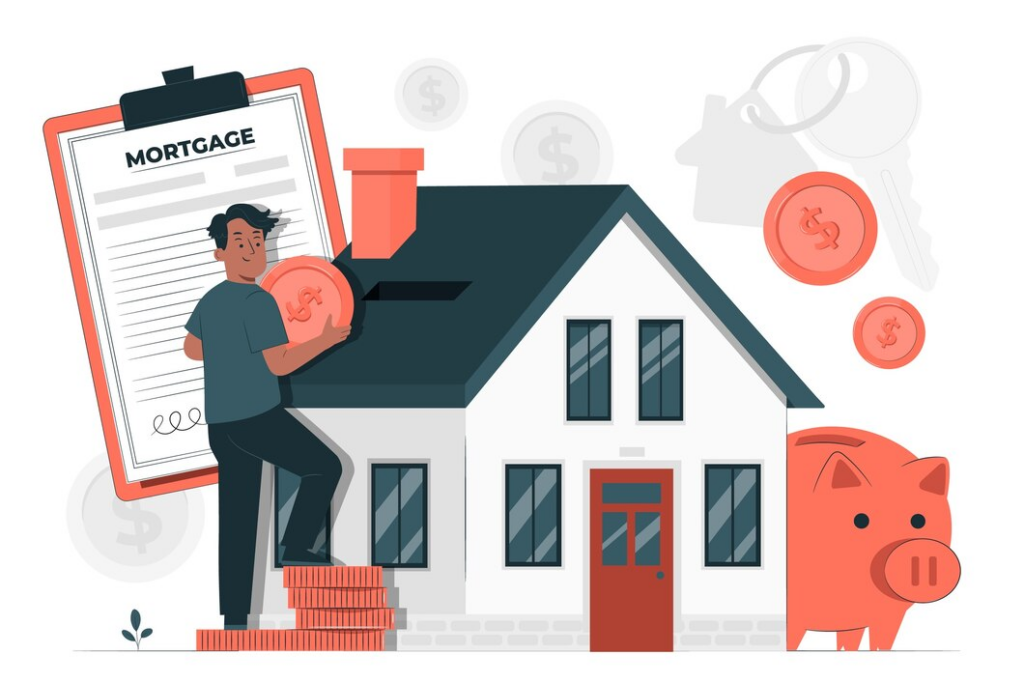Getting the best available rate on a private mortgage is a tough go. Many struggle to work in the complicated marketplace of private lenders, thus causing high-rise rates and unfriendly terms. It’s essential to know the determinants to these rates, as private mortgages are usually derived from short-term needs or exact scenarios where traditional financing is impossible.
In this video, I will look at the details of the main factors that affect mortgage rates: your overall financial picture, loan-to-value ratio, property specifics, and market conditions. This will give you more insight into the typical way a private lender will be looking at an application and how you can try to do your best in scoring a good rate.
Knowing these factors and applying strategic steps, you will be better placed to increase your chances of getting a favorable private mortgage rate. This guide shall empower you with the understanding to do that, right from the requirements of the lenders to even valuing your property in terms of price.

Key Factors Influencing Private Mortgage Rates
Overall Financial Picture
Income and Credit Payment History
- Income: The current level of your income is the macro factor of regard for the lender. The higher your income, the better your ability to repay the mortgage.
- Credit Payment History: While private lenders strictly do not care about credit scores, they do care about your payment history. A history of timely payments can get you better rates.
Purpose of the Private Mortgage
- Loan Request/Collateralization: The reason private parties get concerned with your intention for the loan and the exit strategy. With well laid out plans, you can be able to negotiate for a better rate.
Exit Strategy
- Clearly Correspondent: Due to the short nature of the investment in the mortgage, most parties will prefer to have an investment with a clear exit strategy. How you will repay or refinance can influence your positively rate.
Loan-to-Value Ratio (LTV)
Definition and Calculation
- Loan-to-Value Ratio: The mortgage amount divided by the fair market value of the property. For instance, in the situation that your property was worth $1,000,000 and you have a mortgage of $600,000, your LTV would be 60%.
Effects on Rates
- Lower LTV: Better rates are expected for lower LTV ratios. The best pricing on LTV ratios is typically provided below 65% by private lenders.
- Higher LTV: As the LTV ratios go above 75%, rates tend to be higher. This is because the risk involved for the lender is higher in such cases.
Property Value
- Appraisal: One of the ways to get the correct value of your property is a professional appraisal. It impacts your LTV ratio, hence affecting your mortgage rate eventually.

Property Type and Location
Urban vs Rural
- Urban Properties: Usually get better rates as they lie in more stable markets with higher demand.
- Rural Properties: Typically have higher rates due to lesser demand and higher risk.
Type of Property
- Residential vs. Commercial: Residential properties tend to have better rates than commercial or agricultural properties.
- Property Usage: Properties used by their respective owners often fetch better rates than rental properties.
Term of the Loan
Short-Term vs. Long-Term
- Six-Month Term: Typically used for bridging or flipping and may attract lower fees.
- Twelve-Month Term: Extensively used and come along with slightly higher fees but offers a rule with predictability.
Difference in Fee
- Short-Term Fees: Maybe drastically lesser. Apparently, a six-month term can come with fees slashed between 30% and 50% compared to a twelve-month term.
Market Considerations
Market Conditions in Place
- Lending Activity: Market conditions can influence the ease and rate of access for private mortgages. When times become shaky, the rates may go up.
- Finding Lenders: Even in tough markets, experienced brokerages can find lenders that still offer competitive rates.
Credit Report Considerations
Credit Score Impact
- Credit Scores: Since not all private lenders have minimum credit score requirements, higher scores usually bring about better pricing.
- Payment History: When determining their risk and the rates that you will receive, lenders look at your payment history. A strong payment history can result in better terms.

Conclusion
Several factors are considered in order to acquire the lowest private mortgage interest rate. These include your financial picture, loan-to-value ratio, property specifics, and market conditions looked upon by the lenders. A clear strategy about exit, good credit history, and correct appraisal of your property can give you an edge in terms of the interest rate.

